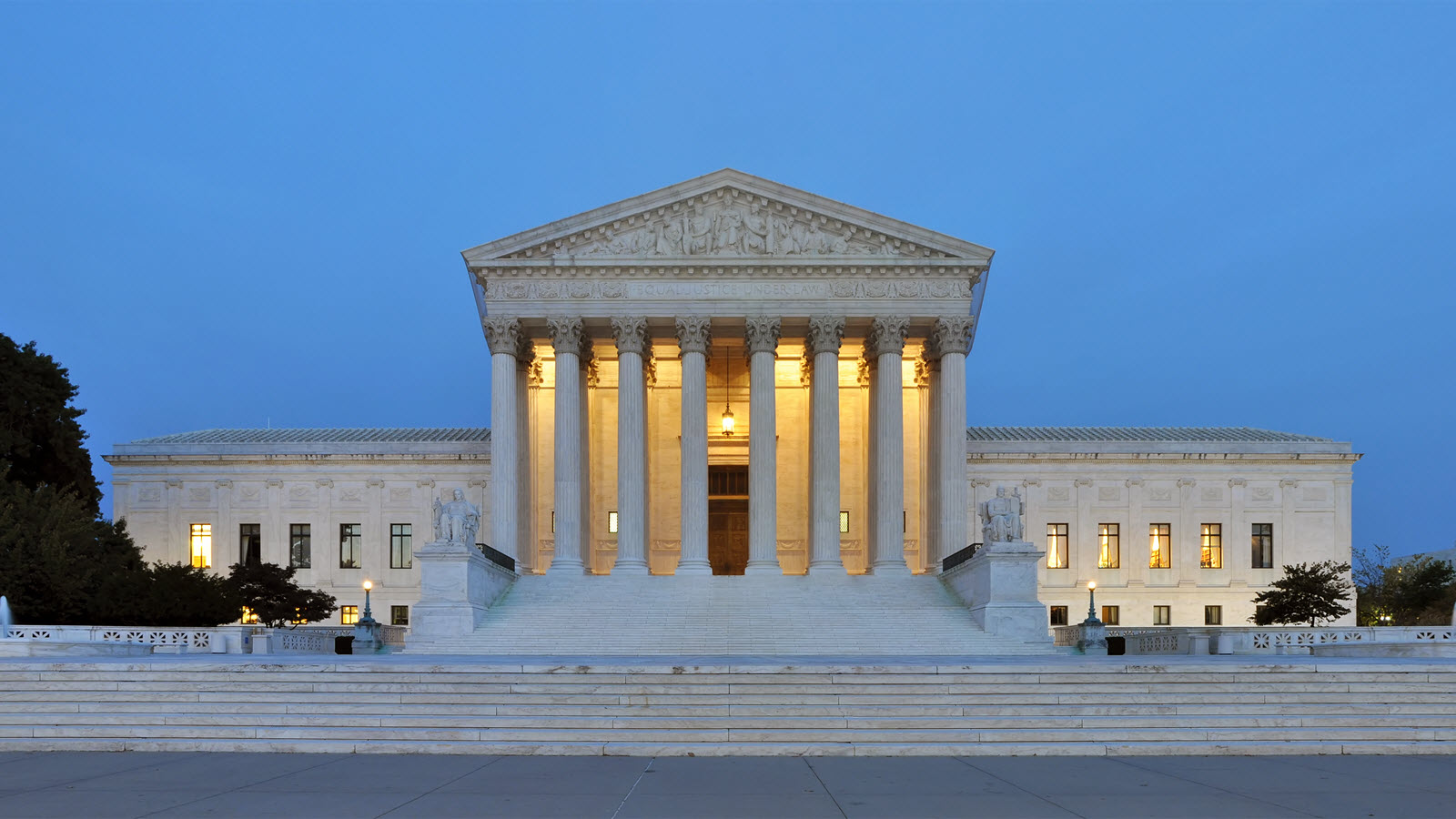Supreme Court Won’t Kneecap Section 230
Says no liability case had been made

The smarter way to stay on top of the streaming and OTT industry. Sign up below.
You are now subscribed
Your newsletter sign-up was successful
Ask computer companies and they will tell you that the Supreme Court has just saved the internet and its Section 230 liability shield — “for now.’
The court Thursday ruled that Google had not aided or abetted a 2013 ISIS terrorist attack in Paris because of the perpetrators’ use of YouTube, which Google owns. It specifically shot down the allegation, upheld by the 9th U.S. Circuit Court of Appeals, that Google was liable because it approved of ISIS videos for advertising and then shared the proceeds with the group.
The terrorist attacks in Paris killed 130 people, including Nohemi Gonzalez, a U. S. citizen (the case was Gonzalez et al. v. Google).
The 9th Circuit had found that Section 230 of the Communications Decency Act did not bar the liability claims, but the Supreme Court said it would not even consider the Section 230 claim because there seemed to be no plausible case for relief.
Section 230 is the provision of the law providing online platforms with immunity from civil liability for any third-party content that is posted, and affords them with immunity for removing content in some circumstances.
“Despite demands from critics, the Supreme Court rightly decided to allow Section 230 of the Communications Decency Act to remain in place,” said the Information Technology and Information Foundation. “Internet users across America, whose free speech and favorite online services were imperiled, can now let out a collective sigh of relief. Section 230 provides the foundation for the modern internet by ensuring neither businesses nor consumers are held liable for the speech of others.”
The “for now” caveat is that Congress is still gunning for Section 230. Some legislators on both sides of the aisle see it as giving Big Tech a “get out of responsibly moderating content free” card.
ITIF said maybe this decision and a similar one involving Twitter would send a signal that gutting the section is not in the public's or businesses’ interests.
The smarter way to stay on top of the streaming and OTT industry. Sign up below.
Contributing editor John Eggerton has been an editor and/or writer on media regulation, legislation and policy for over four decades, including covering the FCC, FTC, Congress, the major media trade associations, and the federal courts. In addition to Multichannel News and Broadcasting + Cable, his work has appeared in Radio World, TV Technology, TV Fax, This Week in Consumer Electronics, Variety and the Encyclopedia Britannica.

